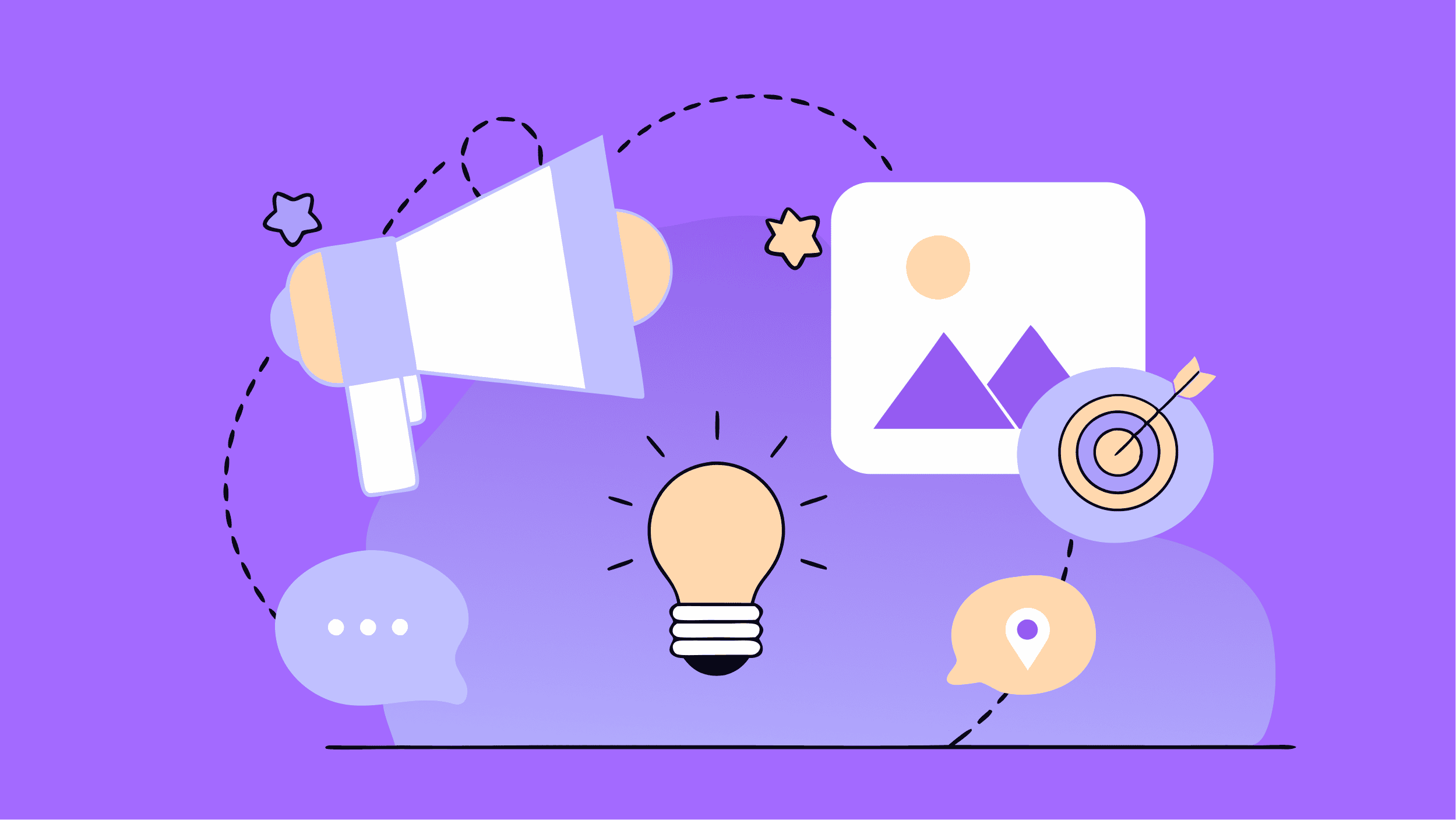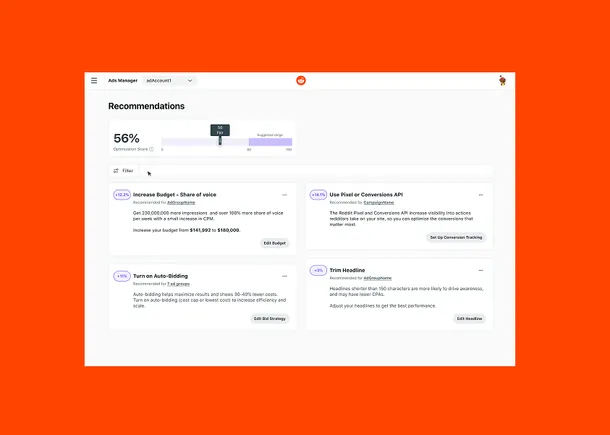How to Change Yourself from a Night Person Into a Morning Person (Maybe)
Sleep researchers say about a third of us are night owls, a third of us are early-risers, and the rest of us can go either way. Despite there being no clear majority, we’ve allowed the early rising faction to...


Photo: Azami Adiputera (Shutterstock)
Sleep researchers say about a third of us are night owls, a third of us are early-risers, and the rest of us can go either way. Despite there being no clear majority, we’ve allowed the early rising faction to set the cultural agenda when it comes to things like “what time is breakfast” and “what time do we need to be at work?” This leads many frustrated night owls to ask, “can I make myself into a person who wakes up early, or am I doomed to suffer for eternity?” (Being tired makes you prone to overdramatization.)
The optimistic answer is “Yes, you can change—with hard work.” The more realistic answer is more like, “Maybe; it’s complicated.”
Know your chronotype
Our natural inclination toward sleeping at certain times of the night (or day) is called our chronotype, and it’s more than a simple preference. According to sleep scientists, chronotypes are at least partly genetic, so changing yours is going to be an uphill battle.
“It’s like if you have a gene for diabetes, right? You can modify that with your lifestyle, but it doesn’t change it,” Dr. Phyllis Zee, director of the Center for Circadian and Sleep Medicine at Northwestern University Feinberg School of Medicine in Illinois, told CNN. “We can make you less of a night owl, but not completely, because the genetic tendency, or predisposition, is still there.”
While researchers are working on figuring out how we might gain more direct control over our body clocks, the best we can do right now is try to consciously alter our behavior. In theory, experts say, overcoming our genetic sleep-pattern predisposition is possible with willpower, hard work and consistency.
G/O Media may get a commission
Practical steps to transform yourself into an early riser
Below are some proactive steps you can take to go from a person who stays up late to a person who gets up at dawn for some reason.
Drink in the morning light
Your main weapon in the fight against over-sleeping isn’t a louder alarm clock, it’s light; control the light and you control your sleep. “Light in the morning changes the oscillation of your circadian clock genes at both a cellular and molecular level,” sleep researcher Zee explains. “You are also training all your rhythms, whether it’s sleep, blood pressure, heart rate, or your cortisol rhythm to be earlier.”
To reset those circadian clocks oscillations, open the curtains or throw on a bright light the moment you awake. Sunlight is probably the best option, but if that’s not feasible, anything with short wavelength blue light will do, so turn off the “nighttime” feature on your phone when you wake up. Zee also recommends light therapy glasses and dawn simulator lamps for some people, although sunlight seems better (and cheaper).
Turn things off at night
The flip side of a morning filled with light is an evening filled with darkness. To train yourself to get up earlier, get rid of light earlier. That means turning off the TV and curtailing your doom-scrolling. Try reading a book instead; I’ve heard some people still do that.
Stay consistent
Try to stick to the same sleep schedule, even on weekends and days off. This advice is what hedonists call “no fun” and a sure recipe for missing interesting cocktail parties, however.
Exercise early
There are few lifestyle improvements that don’t include “exercise” as a component, and early rising is no different. Some research indicates working out in the morning can help you become more alert during the day and make it easier to get to sleep earlier at night.
Eat right
Research shows a correlation between a diet high in carbohydrates and fats and disruptive sleep patterns, so try to eat more lean proteins, fiber-rich foods, and plants. (Caveat: Correlation isn’t causation, but eating healthier foods is a good idea even if it doesn’t help you sleep better.)
Have sex
Exercising, eating healthy, and reading books are great, but have you tried having sex? Physical intimacy leads to the release of oxytocin and prolactin, and that “helps to promote bonding, affection, and overall well-being, which can lead to better sleep,” according to Shanon Makekau, MD, chief of pulmonology and sleep medicine director at Kaiser Permanente in Honolulu.
Don’t do drugs
I mean, go ahead and do drugs if you feel you should, but don’t do drugs for the purpose of changing your sleep pattern. According to CNN’s sleep experts, behavioral modification is more effective than chemicals for sleep regulation. Taking melatonin doesn’t count here, as it’s more of a supplement than a sleep aide.
The self-righteous tyranny of early birds
On the other hand, maybe you shouldn’t try to become the kind of person who wakes up early. You should try to get enough sleep, sure, but there’s no law that says sleep is better between 11 p.m. and 7 a.m. instead of 3 a.m. and 11 a.m.
Research shows that people who stay up late into the night have higher IQs than morning people. They are more creative, less tired during the day, experience less stress, and are better dancers too (I presume).
There doesn’t seem to be any agreed upon biological benefit to shaping your sleep schedule around early activity, so most of the arguments in favor of it amount to, “you should do it because everyone else does,” or, even worse, the pernicious idea that there’s something morally preferable about waking up early. I’m not sure where this comes from, but it’s all around us. Who hasn’t overheard some smug asshole humble-bragging about their early morning yoga routine? It’s just your genes, buddy; you don’t need to be so proud of yourself.
You know who can really fuck off? Benjamin Franklin. “Early to bed, early to rise, makes a man healthy, wealthy and wise,” is bullshit, Franklin, especially since you helped discover electricity and thus created the artificial lights that keep us up at night.
Instead of trying to force night-owls into fighting their genetics to have a “societally approved” sleep pattern, maybe we should accept that some people keep different hours and adjust societal expectations instead. Let’s try a little empathy. Morning people should walk a mile in late-nighters shoes sometimes. Maybe I should be writing an article called “How to stay up all night and sleep in so you’re not such a square?”

 Troov
Troov 
































